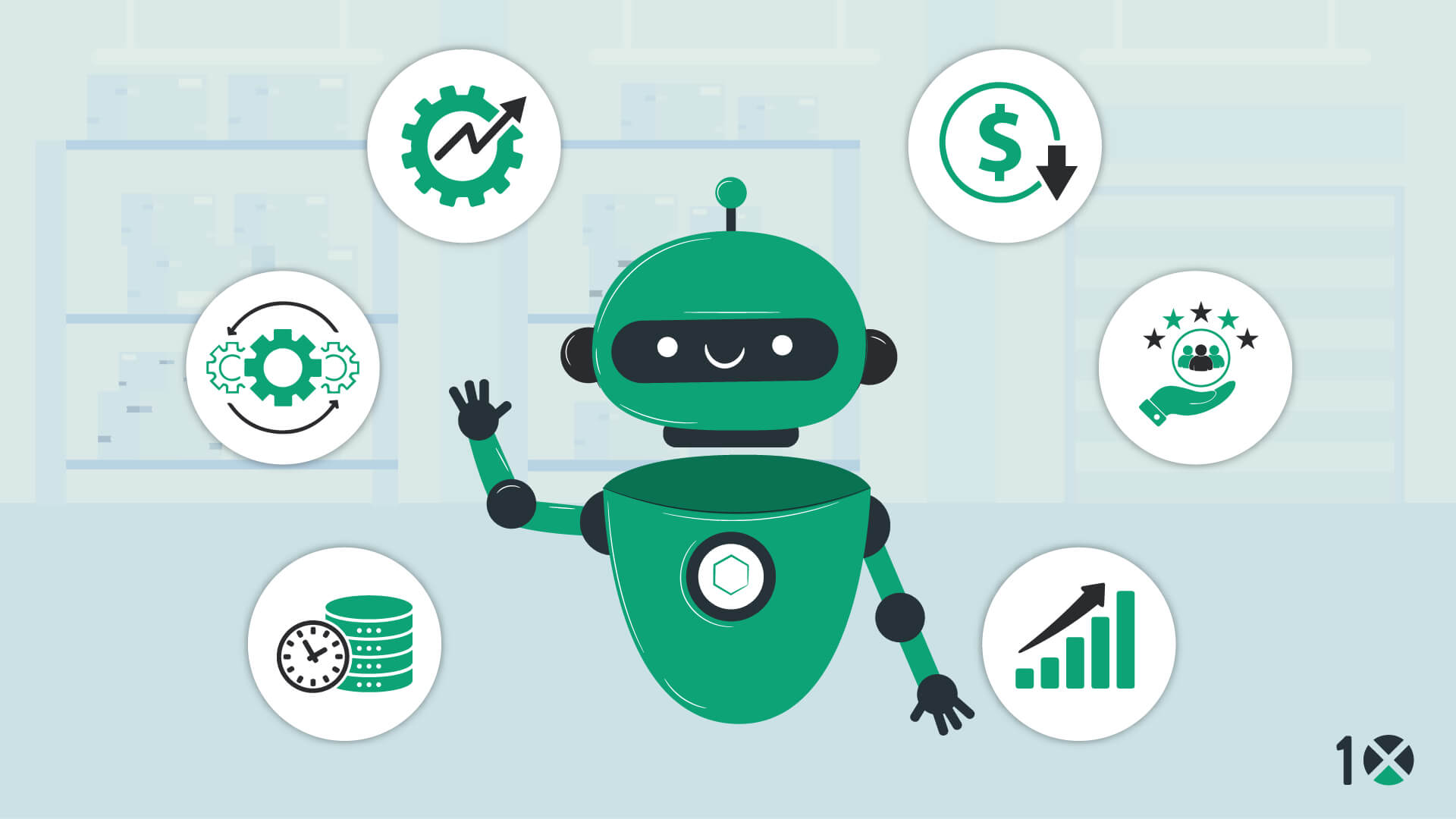Summary
- Integrating AI into ERP systems revolutionizes industrial distribution by automating decision-making, enhancing predictive maintenance, and improving process efficiency.
- AI elevates customer service in industrial distribution by providing immediate, personalized responses through chatbots and intelligent service modules, fostering brand loyalty, and setting new service standards.
- AI’s role in strategic inventory optimization in ERP systems balances demand with supply, minimizes holding costs, and enhances supply chain resilience, while predictive maintenance prevents costly downtime.
Integrating Artificial Intelligence (AI) into Enterprise Resource Planning (ERP) systems heralds a transformative era for industrial distribution. This seamless blend of technology and management revolutionizes processes, from automated decision-making to predictive maintenance. As we stand on the brink of this new age, it’s critical to understand the depth and breadth of AI’s impact on the sector.
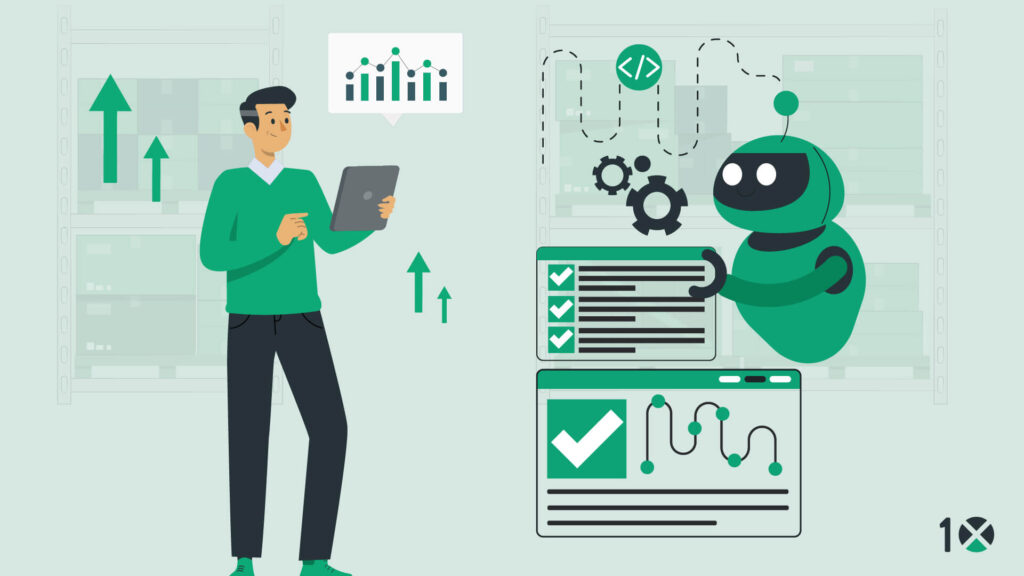
The Power of Automated Decision-Making
At the heart of AI’s transformative power within ERP systems is its capacity for automated decision-making. Industrial distribution, a sector that thrives on the precision of its logistics and the efficiency of its supply chain, is particularly poised to benefit. AI algorithms are designed to process, analyze, and interpret vast datasets – labor-intensive tasks that are prone to error when handled manually. By leveraging this capability, ERP systems become data repositories and intelligent centers for strategic decision-making.
For instance, through AI’s predictive analytics, distributors can anticipate market shifts, manage resources more effectively, and optimize their operations in real time. This level of automation in decision-making ensures that operational efficiency is maintained and consistently improved, leading to substantial cost savings and enhanced competitiveness in the market.

Elevating Customer Service to New Heights
Customer service has undergone a renaissance with the advent of AI. In the industrial distribution landscape, where every customer interaction counts, AI-driven chatbots and intelligent service modules integrated into ERP systems are game-changers. These AI tools provide immediate, accurate responses to customer inquiries, process orders, and offer personalized service around the clock.
The learning algorithms within these systems mean that the AI becomes more adept at understanding and serving the customer’s needs with every interaction. For industrial distributors, this technology is about maintaining customer satisfaction and exceeding expectations, building brand loyalty, and setting new industry standards for service excellence.
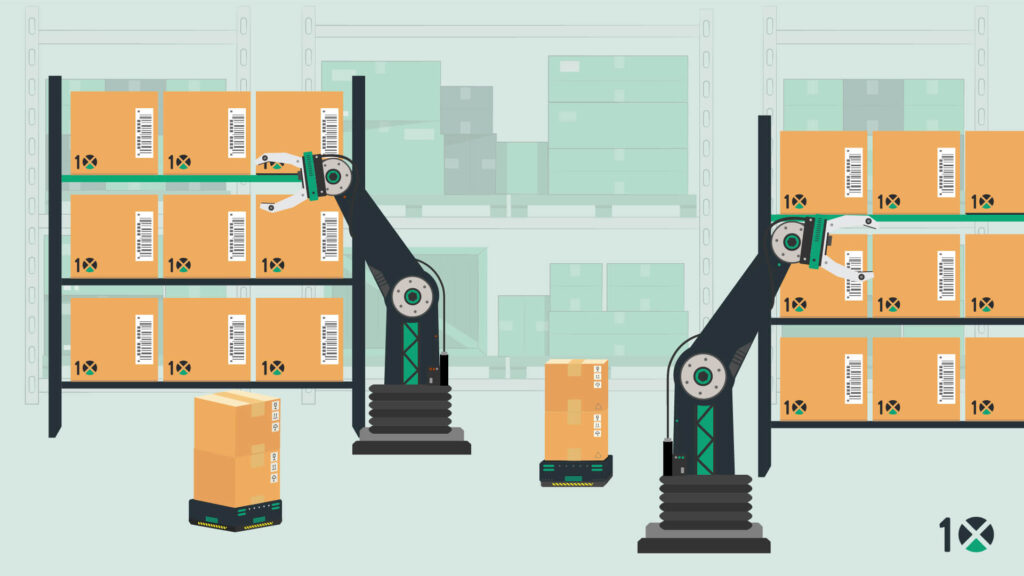
Strategic Inventory Optimization
In industrial distribution, inventory management is a balancing act of precision. AI’s role in ERP systems has redefined this task through strategic inventory optimization. AI can accurately predict future inventory requirements by analyzing past consumption patterns, sales data, and even external factors like seasonal trends or market conditions.
This predictive capacity ensures that distributors can maintain just the right inventory levels to meet demand without incurring unnecessary holding costs or risking stockouts. It’s a strategic tool that streamlines inventory management, drives smarter purchasing decisions, and enhances overall supply chain resilience.
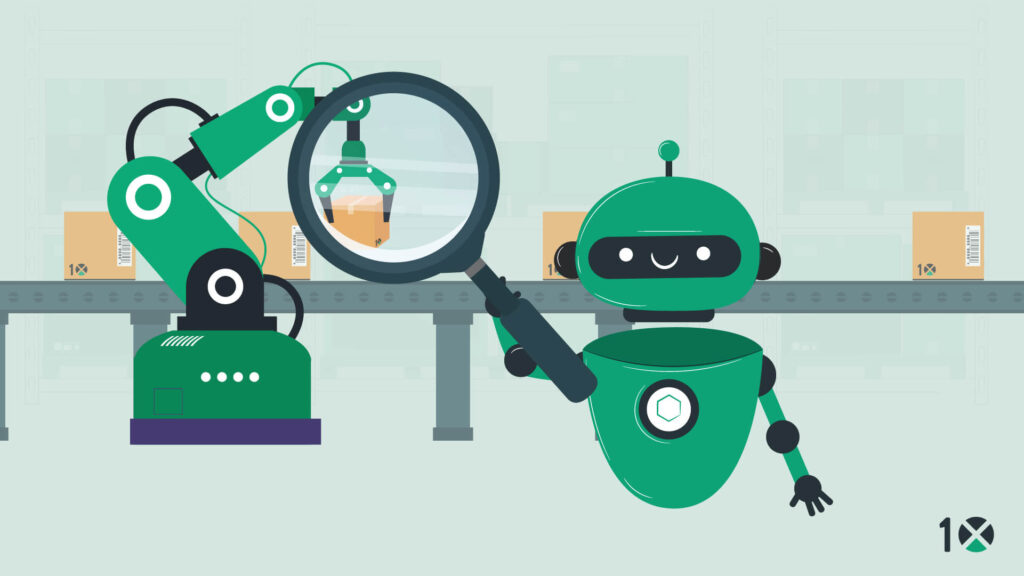
Predictive Maintenance: A Proactive Approach
Equipment and machinery are the lifelines of the industrial distribution sector. Unplanned downtime not only disrupts operations but can also erode profit margins. AI-driven predictive maintenance is a critical feature of modern ERP systems, capable of analyzing performance data to forecast potential equipment failures.
This foresight allows distributors to schedule maintenance before issues arise, preventing costly downtime and extending the life of their machinery. The result is a more reliable operation that can deliver uninterrupted service to customers.
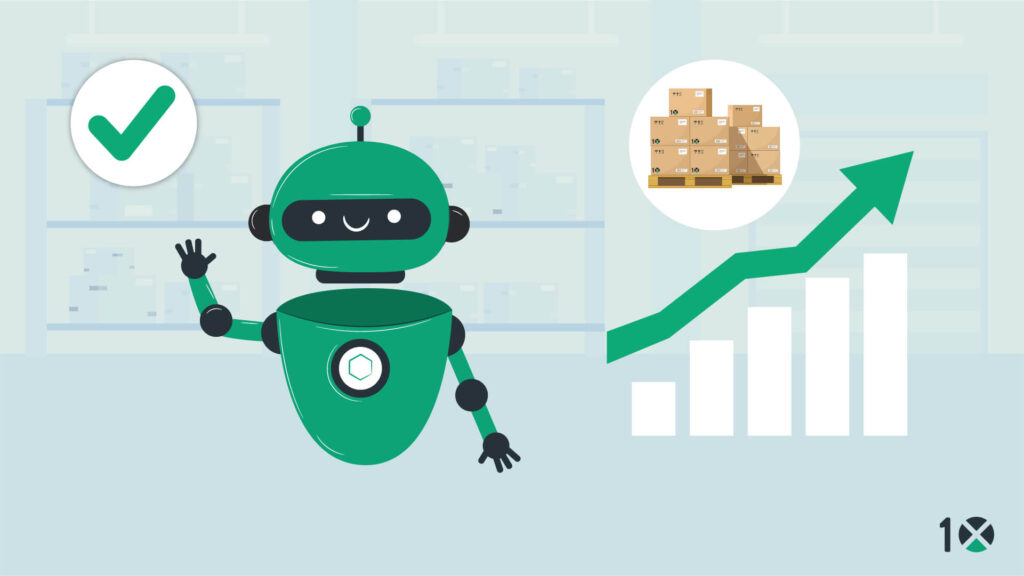
Quality Assurance through Machine Learning
Finally, integrating AI into ERP systems brings a new level of sophistication to quality assurance. Machine learning algorithms can monitor and analyze production processes in real time, identifying anomalies that could indicate a defect.
Immediate alerts mean immediate action, preventing subpar products from reaching the customer and ensuring that the distributor’s reputation for quality remains intact. This capability is about maintaining standards and continually raising the bar for product excellence.
Conclusion
The impact of AI on ERP systems is profound, especially within the industrial distribution sector. It enables automated decision-making, elevating customer service, optimizing inventory, enabling predictive maintenance, and ensuring unparalleled quality assurance. These advancements represent the beginning of AI’s potential to revolutionize the industry.
At 10X ERP, we stand at the forefront of this technological revolution, understanding that integrating AI into ERP systems is not just an enhancement but a fundamental shift towards a smarter, more dynamic future for industrial distribution. Our commitment to integrating these advanced technologies into our cloud-based ERP solutions is unwavering as we empower our clients to navigate and lead in an increasingly complex and competitive landscape.
